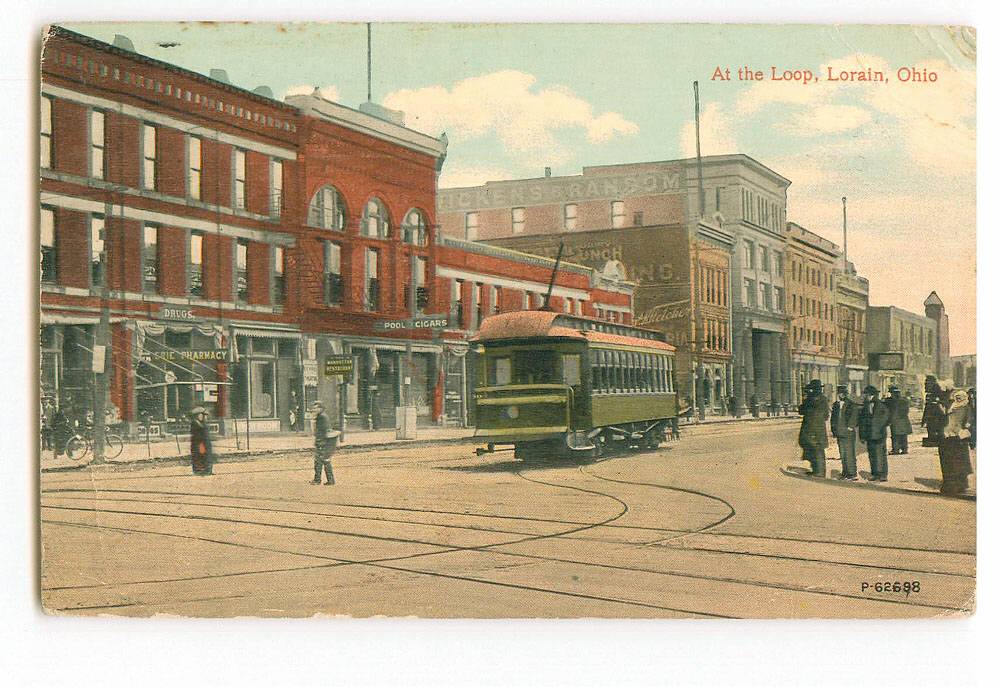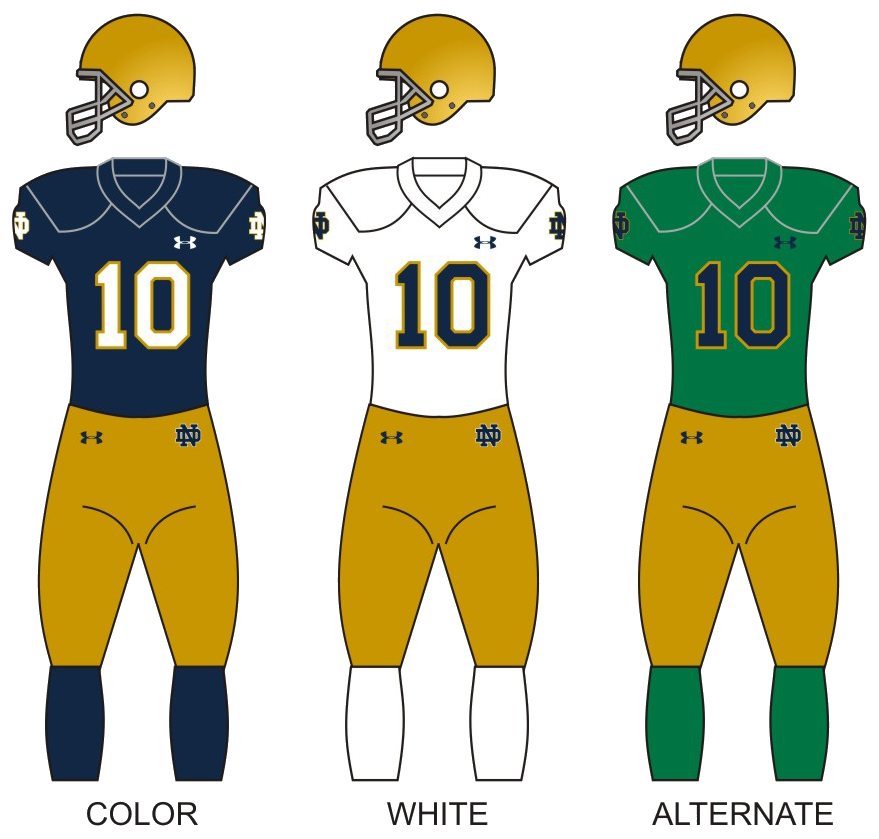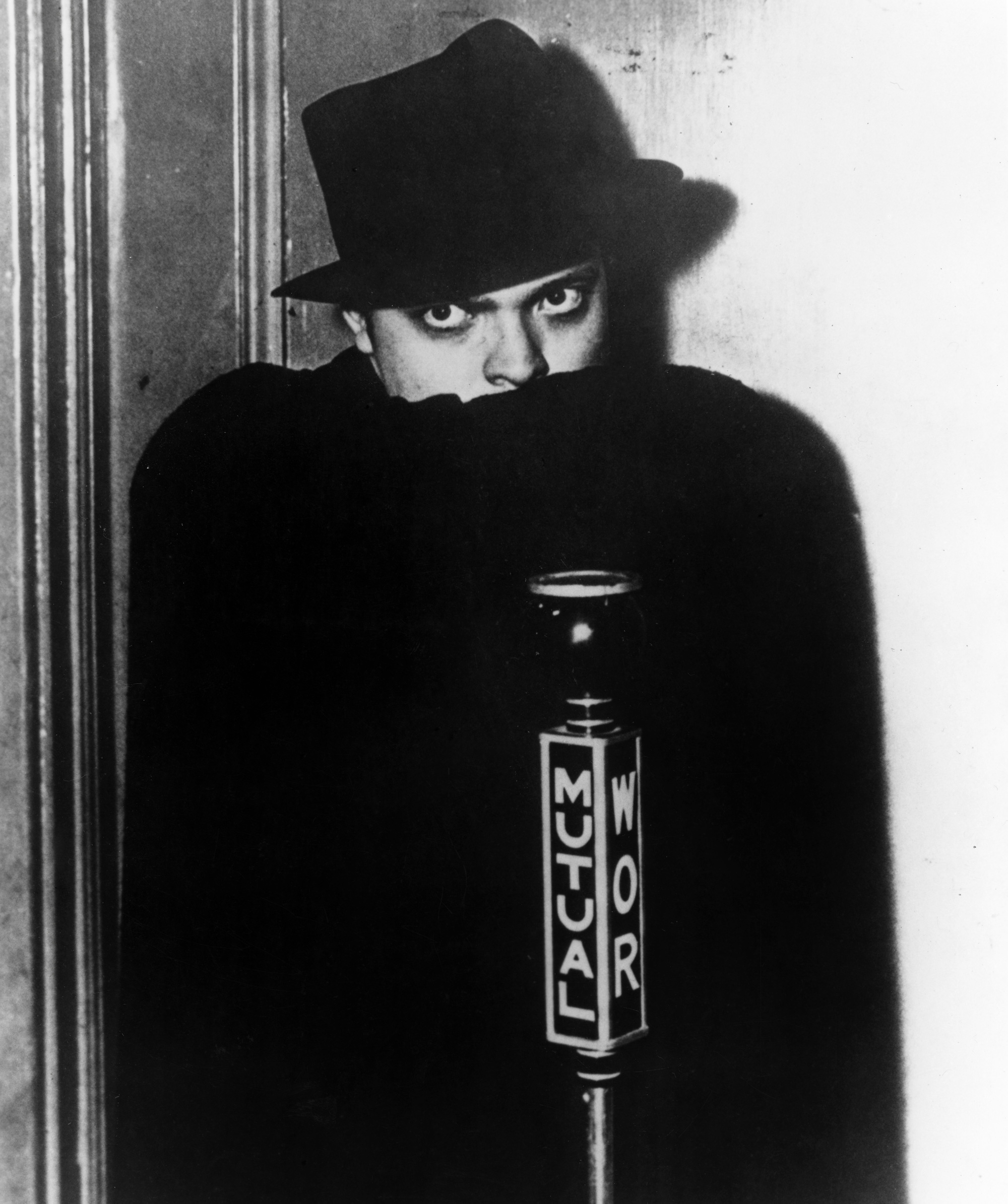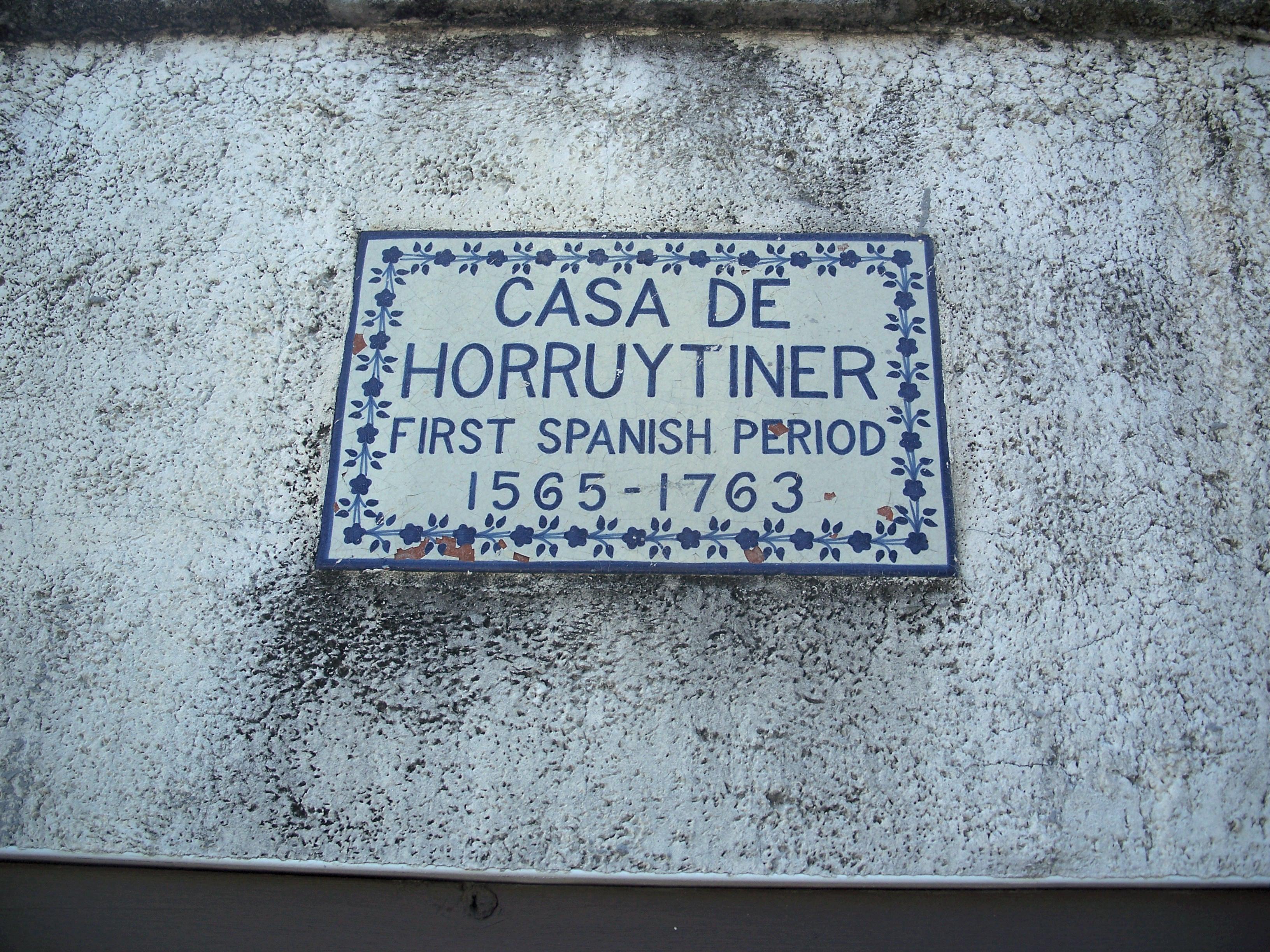|
WDLW
WDLW (1380 AM) is a commercial radio station licensed to Lorain, Ohio, United States, and features a classic rock format known as the "Kool Kat". Owned by WDLW Radio, Inc., the station serves Lorain County and western parts of Greater Cleveland, and is relayed over Lorain translator W255CW (). WDLW's studios are located in Oberlin, Ohio, while the transmitters for both WDLW and W255CW reside in Sheffield Township. In addition to a standard analog transmission, WDLW is available online. Signing on as WLRO in 1969 as the replacement to WWIZ, this station initially featured a full-service/ middle of the road format oriented towards Lorain. A sale to real estate developer Jon Veard in 1984 saw the station become WRKG with an adult standards format, which changed again to a country gospel format in 1990 after another sale to Christian radio operators. Tropical music and other Spanish language programming, which had been featured in some capacity on throughout its history, becam ... [...More Info...] [...Related Items...] OR: [Wikipedia] [Google] [Baidu] |
WWIZ (Lorain, Ohio)
WWIZ was a commercial radio station at that was licensed to Lorain, Ohio, and broadcast from 1958 to 1967. The station shut down when its license was revoked by the Federal Communications Commission after the principal owner failed to notify the agency of an ownership transfer weeks prior to signing on. An unrelated radio station, WLRO, signed on in December 1969 using the same transmitter as WWIZ; it continues on the air today as WDLW. History The second AM station in Lorain County, WWIZ signed on October 26, 1958. It was the first radio station to directly serve the city of Lorain, with studios in the city's downtown and a transmitter residing in adjacent Sheffield Township. The station was founded by Sanford A. Schafitz, a native of the Youngstown area; Schafitz also started up WFAR in Farrell, Pennsylvania and WXTV, an independent TV station in Youngstown. Among the early radio hosts at "W-WIZ" included Bob Lockwood, Alan Mink, Jeff Baxter (who doubled as program di ... [...More Info...] [...Related Items...] OR: [Wikipedia] [Google] [Baidu] |
WOBL
WOBL (1320 AM) is a commercial country radio station licensed to Oberlin, Ohio, serving Lorain County and western parts of Greater Cleveland. WOBL also simulcasts over low-power Oberlin translator W299CJ (107.7 FM). The WOBL studios are located in Oberlin, as are the transmitters for both WOBL and W299CJ. In addition to a standard analog transmission, WOBL is available online. History WOBL began on December 24, 1971, at 1570 kHz as a daytime-only station with 250 watts of power. The station soon moved to a full-time signal at 1320 kHz by September 1976, where it has remained to this day. Its country music format has been the longest running such format of any station in the region, even with a segue into "classic country" in early 2003. WOBL has been a family operation throughout its entire history, founded by Harry Wilber, and run by Doug and Lorie Wilber until March 2021. WOBL Radio and its sister station is WDLW 1380 AM/98.9 FM in Lorain, which was acquired ... [...More Info...] [...Related Items...] OR: [Wikipedia] [Google] [Baidu] |
Lorain, Ohio
Lorain () is a city in Lorain County, Ohio, United States. It is located in Northeast Ohio on Lake Erie, at the mouth of the Black River (Ohio), Black River about west of Cleveland. It is the List of cities in Ohio, ninth-most populous city in Ohio, with a population of 65,211 at the 2020 United States census, 2020 census. It is the most populous city in Lorain County and the third-most populous in Greater Cleveland. History According to local government records, the city began as an unincorporated village established before 1834 as “Black River Village”, and was renamed in 1837 as "Charleston." According to 19th-century historians, the new name was rejected by its own citizens, who continued to use Black River Village. The village was incorporated as Lorain in 1874 and became a city in 1896. The first mayor was List of mayors of Lorain, Ohio, Conrad Reid, who took office on April 6, 1874. The municipal boundaries incorporated most of the former Black River Township, Lora ... [...More Info...] [...Related Items...] OR: [Wikipedia] [Google] [Baidu] |
Notre Dame Football
The Notre Dame Fighting Irish football team is a college football team representing the University of Notre Dame in Notre Dame, Indiana (CDP), Notre Dame, Indiana, north of the city of South Bend, Indiana. The team plays its home games at the campus's Notre Dame Stadium, which has a capacity of 77,622. Notre Dame is one of three schools that competes as an NCAA Division I FBS independent schools, Independent at the National Collegiate Athletic Association (NCAA) NCAA Division I Football Bowl Subdivision, Football Bowl Subdivision (FBS) level; however, they play five games a year against opponents from the Atlantic Coast Conference (ACC), of which Notre Dame is a member in all other sports except Notre Dame Fighting Irish men's ice hockey, ice hockey. [...More Info...] [...Related Items...] OR: [Wikipedia] [Google] [Baidu] |
Mutual Broadcasting System
The Mutual Broadcasting System (commonly referred to simply as Mutual; sometimes referred to as MBS, Mutual Radio or the Mutual Radio Network) was an American commercial radio network in operation from 1934 to 1999. In the Golden Age of Radio, golden age of U.S. radio drama, Mutual was best known as the original network home of ''Lone Ranger#Original radio series, The Lone Ranger'' and ''The Adventures of Superman (radio series), The Adventures of Superman'' and as the long-time radio residence of ''The Shadow''. For many years, it was a national broadcaster for Major League Baseball on Mutual, Major League Baseball (including the Major League Baseball All-Star Game, All-Star Game and World Series), the National Football League, and Notre Dame Fighting Irish football. From the 1930s until the network's dissolution in 1999, Mutual ran a respected news service along with a variety of lauded news and commentary programs. In the 1970s, Mutual pioneered the nationwide late night call- ... [...More Info...] [...Related Items...] OR: [Wikipedia] [Google] [Baidu] |
Norm N
Norm, the Norm or NORM may refer to: In academic disciplines * Normativity, phenomenon of designating things as good or bad * Norm (geology), an estimate of the idealised mineral content of a rock * Norm (philosophy), a standard in normative ethics that is prescriptive rather than a descriptive or explanatory abstraction * Social norm, shared standards of acceptable behavior by groups * Basic norm, a jurisprudence concept by Kelsen * Peremptory norm, a fundamental principle of international law * Norm (artificial intelligence), a set of statements used to regulate artificial intelligence software * Norm, a statistical concept in psychometrics representing the aggregate responses of a standardized and representative group * NORM, naturally occurring radioactive materials * NORM (non-mobile older rural males), an acronym in dialect studies coined by Chambers and Trudgill (1980) for a group to which speakers frequently refer In mathematics * Norm (mathematics), a map that assi ... [...More Info...] [...Related Items...] OR: [Wikipedia] [Google] [Baidu] |
Middle Of The Road (music)
Middle of the road (also known by its acronym MOR) is a commercial radio format. Music associated with this term is strongly melodic and uses techniques of vocal harmony and light orchestral arrangements. The format was similar to soft adult contemporary. In the mid-late 2000s the term "middle of the road" became used by journalists as a way to describe musicians and bands such as Train and Westlife who calibrated their musical appeal to commercial, popular music taste and avoided more innovative material. Etymology and usage According to music academic Norman Abjorensen, "middle of the road" has referred to a commercial radio format more often than a music genre, although "it has been used to describe a broad type of music" of numerous styles, usually characterized by vocal harmony techniques, prominent melodies, and subtle orchestral arrangements. Radio stations that played adult standards during the 1960s and 1970s were marketed as "MOR radio" in order to differentiate them fro ... [...More Info...] [...Related Items...] OR: [Wikipedia] [Google] [Baidu] |
WikiProject Radio Stations/History Cards
A WikiProject, or Wikiproject, is an affinity group for contributors with shared goals within the Wikimedia movement. WikiProjects are prevalent within the largest wiki, Wikipedia, and exist to varying degrees within sibling projects such as Wiktionary, Wikiquote, Wikidata, and Wikisource. They also exist in different languages, and translation of articles is a form of their collaboration. During the COVID-19 pandemic, CBS News noted the role of Wikipedia's WikiProject Medicine in maintaining the accuracy of articles related to the disease. Another WikiProject that has drawn attention is WikiProject Women Scientists, which was profiled by '' Smithsonian'' for its efforts to improve coverage of women scientists which the profile noted had "helped increase the number of female scientists on Wikipedia from around 1,600 to over 5,000". On Wikipedia Some Wikipedia WikiProjects are substantial enough to engage in cooperative activities with outside organizations relevant to the field ... [...More Info...] [...Related Items...] OR: [Wikipedia] [Google] [Baidu] |
Local Marketing Agreement
In North American broadcasting, a local marketing agreement (LMA), or local management agreement, is a contract in which one corporation, company agrees to operate a radio station, radio or television station owned by another party. In essence, it is a sort of lease or time-buy. Under Federal Communications Commission (FCC) regulations, a local marketing agreement must give the company operating the station (the "senior" partner) under the agreement control over the entire facilities of the station, including the finances, personnel and programming of the station. Its original licensee (the "junior" partner) still remains legally responsible for the station and its operations, such as compliance with relevant regulations regarding content. Occasionally, a "local marketing agreement" may refer to the sharing or contracting of only certain functions, in particular advertising sales. This may also be referred to as a time brokerage agreement (TBA), local sales agreement (LSA), manage ... [...More Info...] [...Related Items...] OR: [Wikipedia] [Google] [Baidu] |
Spanish Language In The United States
Spanish is the second most spoken language in the United States. Over 43.4 million people aged five or older speak Spanish at home (13.7%). Spanish is also the most learned language other than English, with about 8 million students. Estimates count up to 58.9 million native speakers, heritage language speakers, and second-language speakers. (Spanish) There is an Academy of the Spanish Language located in the United States as well. In the United States there are more speakers of Spanish than speakers of French, German, Italian, Portuguese, Hawaiian, the Indo-Aryan languages, the various varieties of Chinese, Arabic and the Native American languages combined. According to the 2023 American Community Survey conducted by the US Census Bureau, Spanish is spoken at home by 43.4 million people aged five or older, more than twice as many as in 1990. Spanish has been spoken in what is now the United States since the 15th century, with the arrival of Spanish colonization in No ... [...More Info...] [...Related Items...] OR: [Wikipedia] [Google] [Baidu] |
Tropical Music
Tropical music () is a term in the Latin music industry that refers to music genres deriving from or influenced by the Spanish-speaking areas of the Caribbean. It includes the islands of Cuba, Puerto Rico, the Dominican Republic, and the Caribbean coastal regions of Colombia, Mexico, Central America and Venezuela. In the 1940s and 1950s, the term tropical music was created to cover all music from the hispanophone Caribbean excluding Cuban music, which had its own category and niche within the American (and to a lesser extent European) music market. However, later in the 20th century after the Cuban Revolution, tropical music gained a broader meaning and began to be used in order to distinguish Caribbean genres such as cumbia and son cubano from inland genres such as tejano and norteño. Characteristics Due to its geographical roots, tropical music generally combines elements from European and African traditions. An example of this is the process of binarization of ternary rhythm ... [...More Info...] [...Related Items...] OR: [Wikipedia] [Google] [Baidu] |
Christian Radio
Christian radio refers to Christian media radio formats that focus on Christian religious broadcasting or various forms of Christian music. Many such formats and programs include contemporary Christian music, gospel music, sermons, radio dramas, as well as news and talk shows covering popular culture, economics, and political topics from a Christian perspective. History American evangelicalism In the first part of the 20th century, American revivalists saw radio as a tool for spreading the gospel. Christian radio pioneers included Aimee Semple McPherson, D. L. Moody, Charles E. Fuller, Donald Barnhouse, Walter A. Maier, Paul Rader, Lightfoot Solomon Michaux, and Percy Crawford. In addition to preaching and sermons, other content such as news, children's programs, and gospel music were broadcast. Scholar Leah Payne states "In the 1920s, hristianbroadcasters featured gospel quartets and trios who upheld the traditional social order and contrasted with images of ' b ... [...More Info...] [...Related Items...] OR: [Wikipedia] [Google] [Baidu] |





